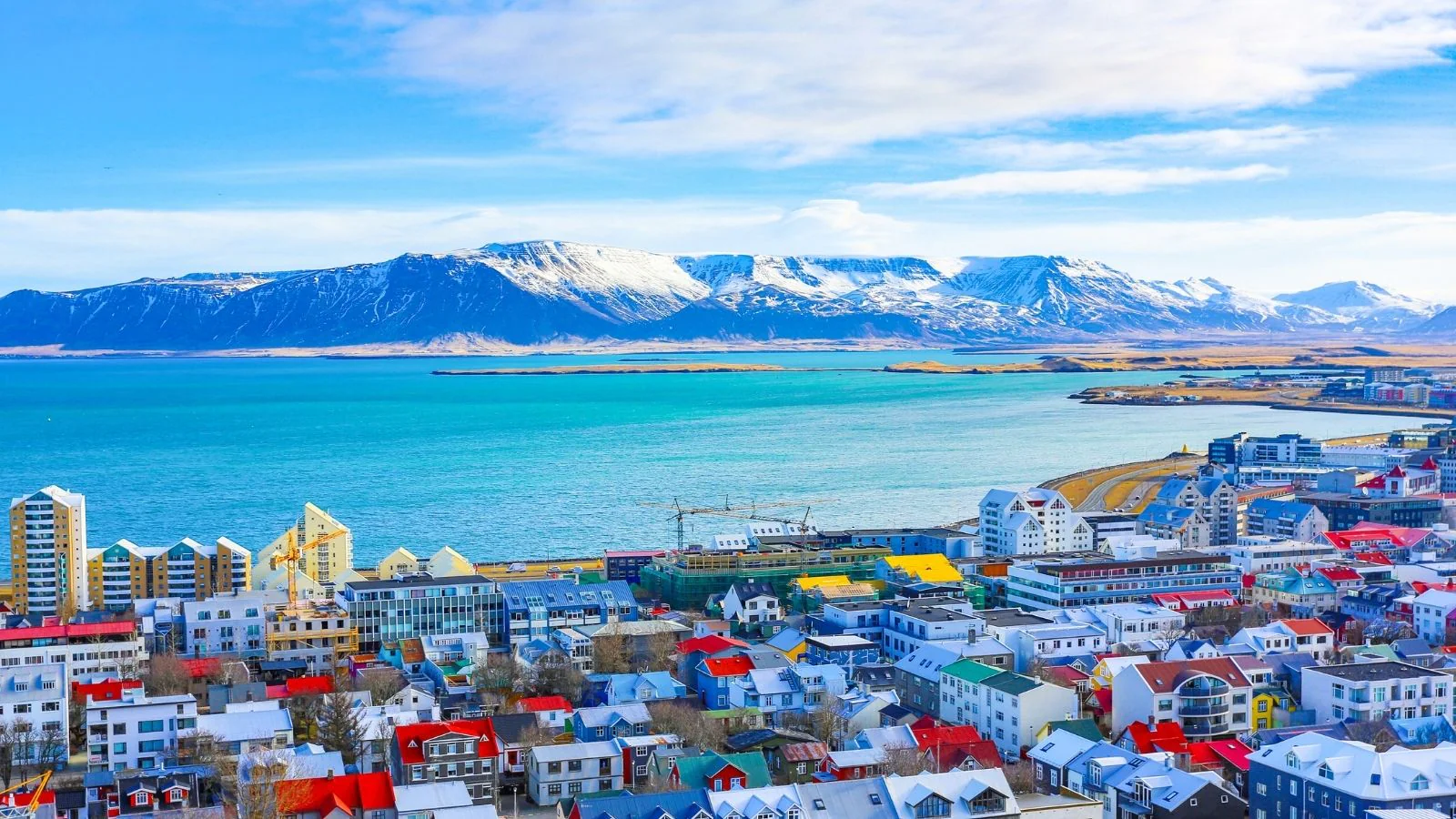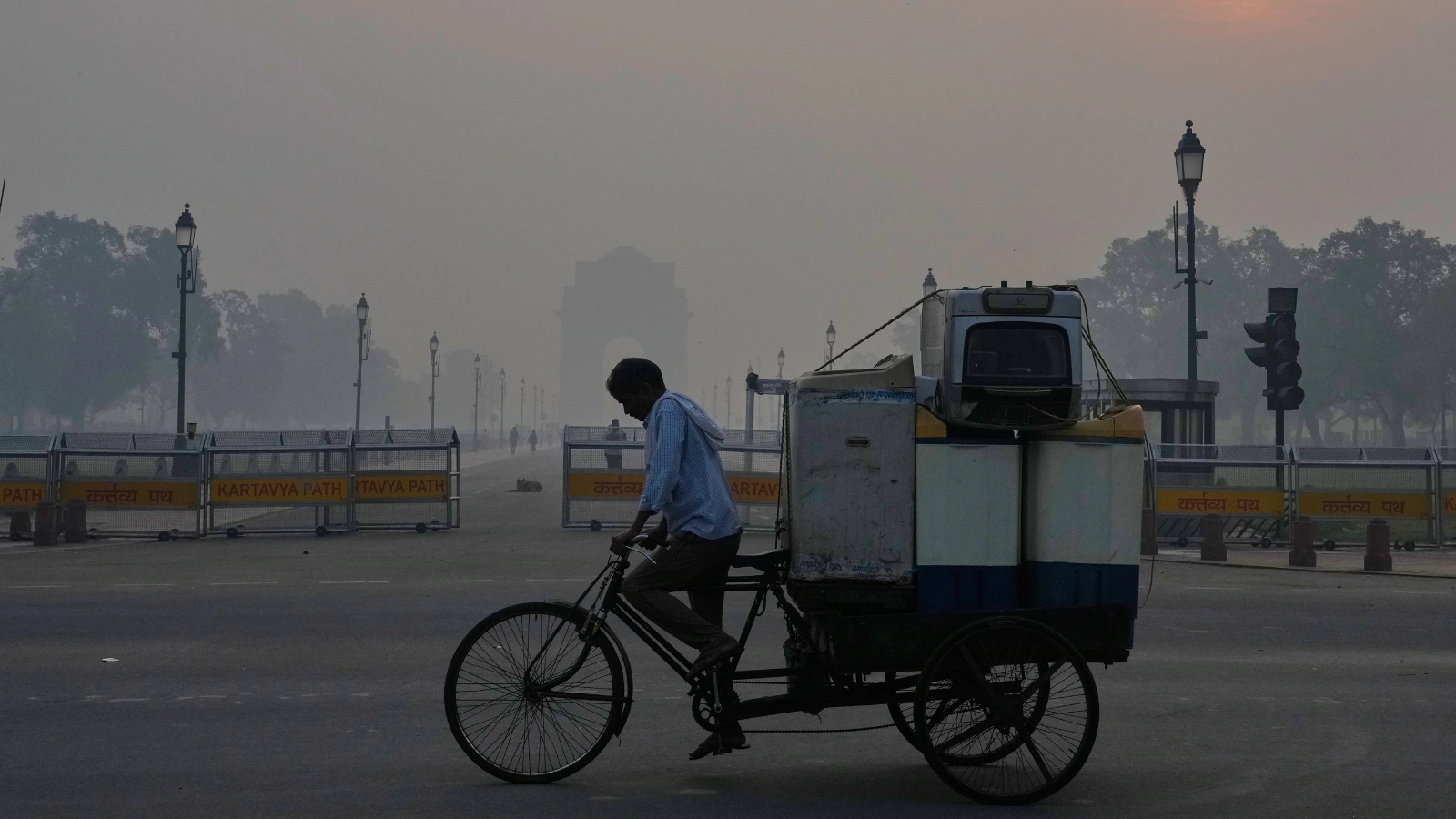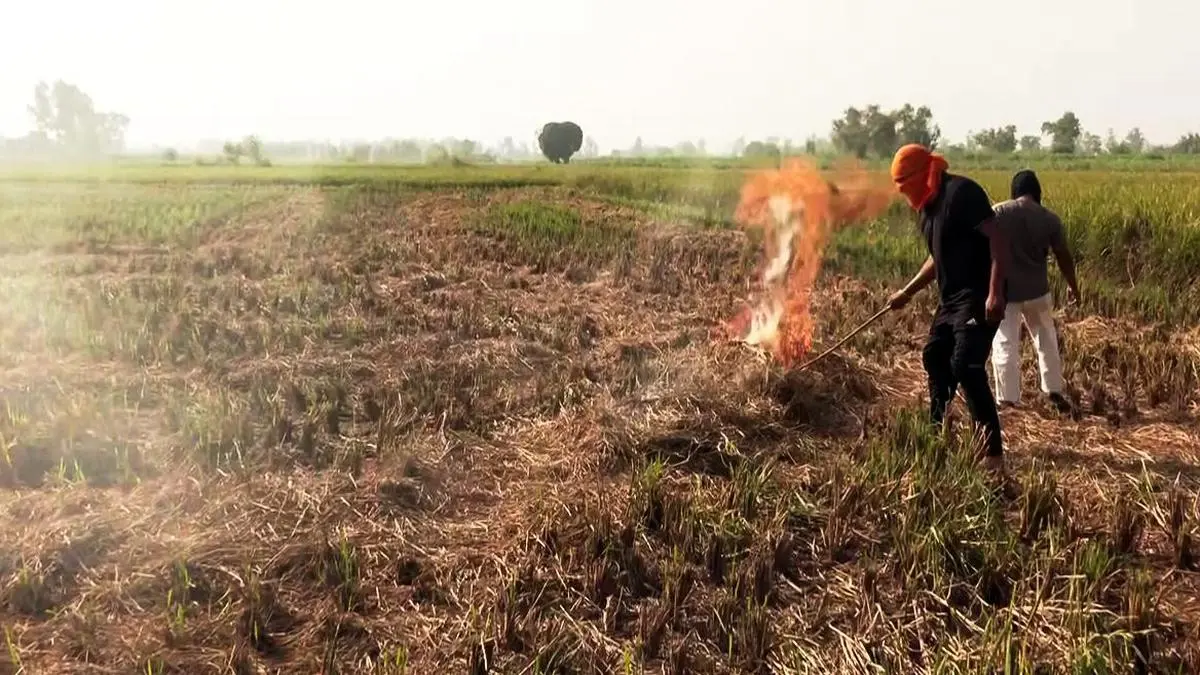Copyright news18

For centuries, Iceland stood proudly among the few places on Earth untouched by mosquitoes. Its frigid climate, lack of standing water, and harsh seasonal shifts created a natural barrier against the bloodsucking insects. (Image: Canva) But that legacy may be changing. In a historic and unsettling twist, mosquitoes have now been officially recorded in Iceland for the first time, raising alarms about the creeping effects of climate change. (Image: Canva) Iceland’s mosquito-free status was long attributed to its bone-chilling winters and rapid freeze-thaw cycles, which made it nearly impossible for mosquito larvae to survive. Unlike other cold regions, Iceland lacks the kind of stagnant water bodies that mosquitoes need to breed. Until recently, only Antarctica shared this rare distinction. (Image: Canva) In October 2025, insect enthusiast Björn Hjaltason made a surprising discovery in Kjós, a region about 30 kilometers north of Reykjavík. While using wine-soaked ropes to attract moths, he noticed an unfamiliar insect. Suspecting it might be a mosquito, he contacted Matthías Alfreðsson, an entomologist at the Natural Science Institute of Iceland. Together, they captured and confirmed the presence of three mosquitoes—two females and one male—belonging to the species Culiseta annulata, known for its cold resistance. (Image: Canva) Scientists believe this unprecedented appearance is not a fluke. Iceland has experienced record-breaking spring temperatures and increasingly mild winters in recent years. These changing conditions may be making the environment more hospitable to insects that were once unable to survive there. The discovery is being viewed as a canary in the coal mine, a subtle but significant sign of how global warming is reshaping ecosystems in even the most unlikely places. (Image: Canva) The species identified, Culiseta annulata, is known for its ability to withstand colder climates. Found in parts of Europe and Asia, it typically breeds in cool, moist environments. Its arrival in Iceland suggests that the country’s climate may now support the full mosquito life cycle, from egg to adult. (Image: Canva) While the presence of just three mosquitoes might seem minor, it could mark the beginning of a broader ecological shift. If these insects establish a breeding population, Iceland could face new public health challenges, including the potential spread of mosquito-borne diseases—though experts caution that such risks remain low for now. (Image: Canva) The appearance of mosquitoes in Iceland is more than a quirky headline; it’s a stark reminder that no place is immune to climate change. As temperatures rise and ecosystems shift, species are expanding their ranges, sometimes with unpredictable consequences. (Image: AI-Generated)



